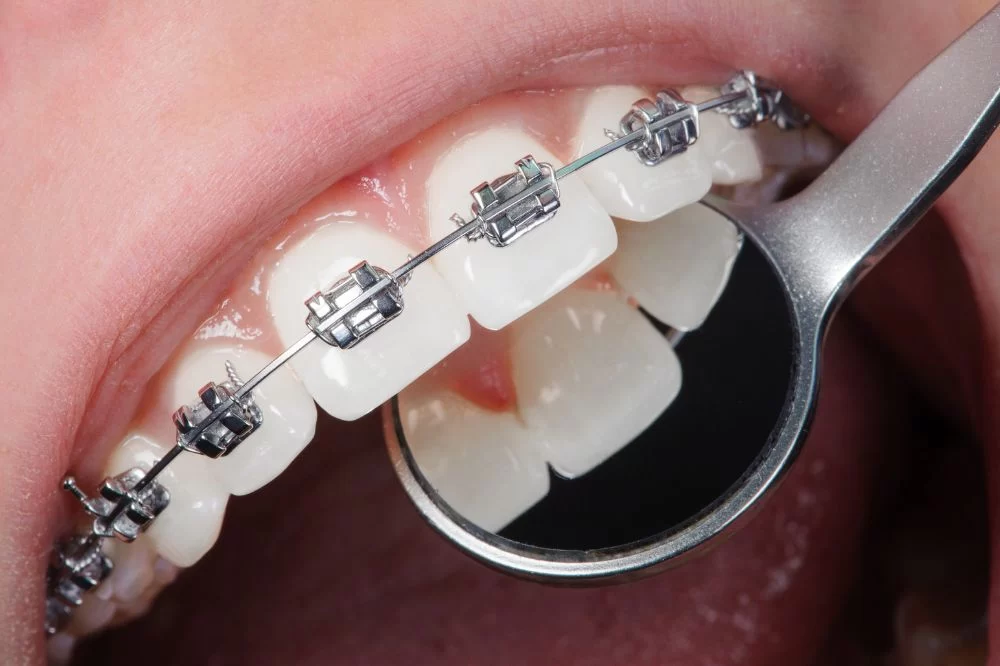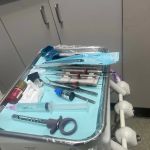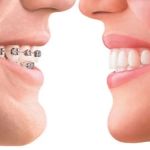 :
:- Understanding Orthodontic Treatment
- Importance of Dental Care During Treatment
- Daily Care Tips for Your Braces
- Dealing with Common Issues During Treatment
- Professional Care and Check-ups
Understanding Orthodontic Treatment
Orthodontic treatment, typically involving braces, is a common dental procedure used to straighten teeth, improve bite alignment, and enhance overall oral health. During this treatment, your teeth are gradually moved into their correct positions, which can take several months or even years, depending on the complexity of your case. It's important to remember that while orthodontic treatment helps create a beautiful smile, it also requires careful management of your dental care to ensure the best results and to avoid complications.
Importance of Dental Care During Treatment
Dental care becomes even more critical when you're undergoing orthodontic treatment. Braces create additional spaces where food particles and plaque can accumulate, leading to an increased risk of cavities, gum disease, and discoloration of your teeth. Without proper oral hygiene, the treatment process can be delayed, and the results may not be as effective. By maintaining proper dental care throughout your orthodontic treatment, you can avoid these issues and enjoy a healthier smile in the end.
Why Proper Care is Essential
Braces can trap food between wires and brackets, which makes it easier for plaque to form. This plaque, if not removed regularly, can harden into tartar, which is difficult to remove without professional cleaning. Moreover, food buildup can lead to gum inflammation, bad breath, and even tooth decay. Thus, it is vital to take extra care of your teeth during this period to avoid long-term oral health problems.
Daily Care Tips for Your Braces
Taking care of your teeth during orthodontic treatment requires consistency and attention to detail. Here are some daily care tips that can help you maintain your oral health:
1. Brush and Floss Regularly
Brushing your teeth at least twice a day is essential. Use a soft-bristled toothbrush and fluoride toothpaste to clean your teeth and braces thoroughly. Be sure to brush around the brackets and wires to remove any trapped food particles and plaque. Flossing is also crucial, but regular floss can be challenging with braces. Consider using orthodontic floss threaders or interdental brushes to clean between your teeth and around the wires.
2. Avoid Certain Foods
While you’re wearing braces, it’s essential to avoid certain foods that can damage your braces or make cleaning your teeth more difficult. Sticky, hard, or chewy foods should be avoided as they can get stuck in your braces or even cause brackets to break. Instead, opt for soft foods that are easier to chew and won’t damage your braces.
3. Use Mouthwash
Incorporating mouthwash into your oral hygiene routine can help eliminate bacteria and freshen your breath. A fluoride mouthwash can help prevent cavities, while an antiseptic mouthwash can reduce the risk of gum disease. Make sure to use a mouthwash that is recommended for orthodontic patients.
Dealing with Common Issues During Treatment
Orthodontic treatment can sometimes lead to discomfort or issues that need to be addressed quickly. Below are a few common challenges you might face and how to deal with them:
1. Soreness and Discomfort
It's common to experience some soreness after getting your braces adjusted. This discomfort can last for a few days but can be alleviated by eating soft foods, using over-the-counter pain relievers, or applying orthodontic wax to the brackets. If pain persists, contact your orthodontist for advice.
2. Loose or Broken Brackets
If a bracket becomes loose or a wire breaks, it's important to contact your orthodontist immediately. In the meantime, you can use orthodontic wax to cover the sharp edges of any broken brackets and avoid irritation to your gums.
Professional Care and Check-ups
Regular check-ups with your orthodontist are essential for monitoring the progress of your treatment. These visits allow your orthodontist to adjust the braces, check for any potential issues, and ensure that your teeth are moving as planned. Don't skip any appointments, as they are crucial for achieving the desired results.
In addition to routine check-ups, your orthodontist may recommend professional cleanings to help maintain oral health during your treatment. Even though you're brushing and flossing regularly, a professional cleaning will ensure that your teeth are in optimal condition and free from plaque buildup.
By following these tips and working closely with your orthodontist, you can ensure that your orthodontic treatment proceeds smoothly, with minimal complications. Remember, taking care of your teeth now will pay off in the long run with a beautiful, healthy smile.
If you’re looking for top-quality products and services to assist with your orthodontic care, visit Dentistry Toothtruth for the best recommendations tailored to your needs.







 Dr. David's Family Dentistry & Orthodontics4.0 (267 review)
Dr. David's Family Dentistry & Orthodontics4.0 (267 review) Westwind Dental Tolleson4.0 (262 review)
Westwind Dental Tolleson4.0 (262 review) Reems Pointe Dental Care4.0 (48 review)
Reems Pointe Dental Care4.0 (48 review) Quadrant Dental at Deerfield5.0 (32 review)
Quadrant Dental at Deerfield5.0 (32 review) Happy Braces Orthodontics, La Mirada4.0 (128 review)
Happy Braces Orthodontics, La Mirada4.0 (128 review) Essington Family Dental Care4.0 (958 review)
Essington Family Dental Care4.0 (958 review) The Importance of Oral Health Education During Pregnancy for a Healthy Pregnancy
The Importance of Oral Health Education During Pregnancy for a Healthy Pregnancy Best Tips for Brushing Your Teeth Properly for Healthy Gums: Essential Techniques for Oral Health
Best Tips for Brushing Your Teeth Properly for Healthy Gums: Essential Techniques for Oral Health Why Skipping Dental Checkups Can Lead to Bigger Oral Health Problems
Why Skipping Dental Checkups Can Lead to Bigger Oral Health Problems Advantages of Porcelain Dental Restorations
Advantages of Porcelain Dental Restorations How Can Diabetes Cause Tooth and Gum Problems? Preventing and Managing Oral Health Issues
How Can Diabetes Cause Tooth and Gum Problems? Preventing and Managing Oral Health Issues Healthy Habits for Promoting Good Oral Health and Hygiene: Tips for a Healthy Smile
Healthy Habits for Promoting Good Oral Health and Hygiene: Tips for a Healthy Smile